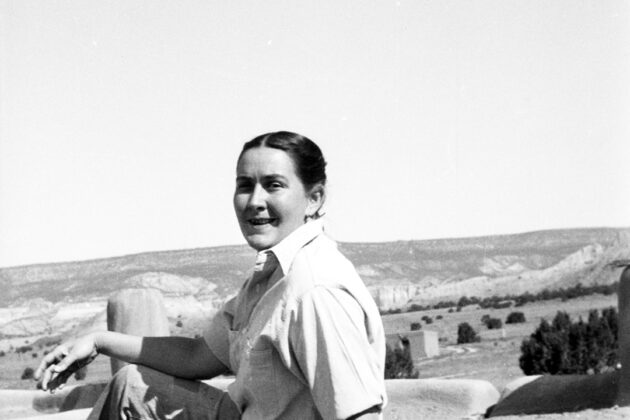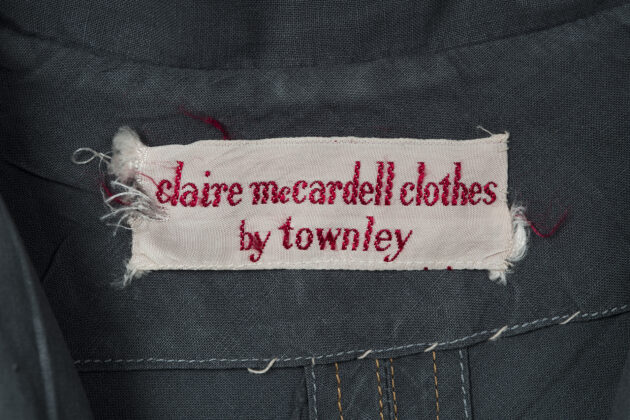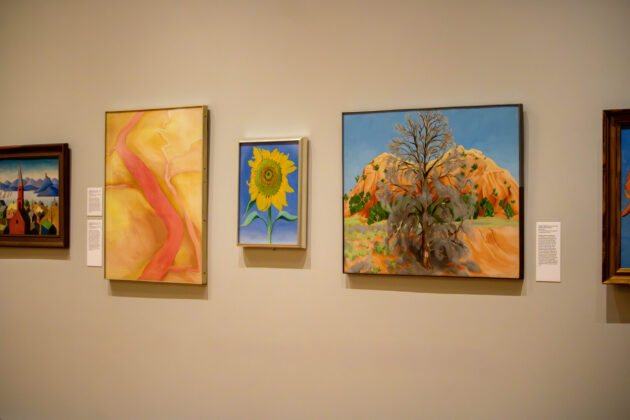
View Finding in Nature
When I started painting the pelvis bones I was most interested in the holes in the bones—what I saw through them.” –
One of the most impactful things about art is how artists provide different ways of looking at and interpreting the world around us. Thinking about an artist’s process can provide tools for honing our own sense of seeing, perspective, and design.
In interviews through the years, Georgia O’Keeffe gives us clues into her intentional process of seeing. For O’Keeffe fans, phrases such as ‘look closer’ and ‘take time to look’ are embedded in our daily imagination.
The Museum has a small exhibition called Seeing Beyond/ Ver más allá devoted to the topic of O’Keeffe’s ways of seeing, focusing on how we can try some of these ideas for ourselves. Since developing the exhibition, I can’t stop having moments that slow me down for a closer look.

The other day while lingering on a mountain meadow, I had quite an ‘O’Keeffe-inspired’ moment where I became fascinated by the shapes in the long-dead roots from bristlecone pines[1]. These fragments of former trees are often referred to as bristlecone bones (for those of us who end up in conversations about high altitude trees!) The shapes reminded me of the beauty O’Keeffe saw in animal bones that she found in the desert. In some odd way, one of the wooden ‘bones’ even reminded me of the contours, light, and shadow seen in O’Keeffe’s Pelvis with a distance, 1943 in the collection at the Indianapolis Museum of Art. (Am I crazy, or do you see it?)

Just like O’Keeffe used the pelvis bone to frame compositions, the wonderful placement of spaces between old roots provides ample opportunity to use them as viewfinders.

And once you see viewfinders in nature, you’ll see them everywhere.
In an old juniper in the desert…

And even from inside a cave…

Give it a try!
Make it a family activity! Take a walk and see if you can turn something in nature into an unexpected view.
And if you can’t find something, you can always make your own viewfinder. We even have a Creative Activity on the topic.

Inspiration from Bones
The O’Keeffe Museum cares for a set of bones collected by Georgia O’Keeffe. Victoria Monagle, a University of New Mexico Zooarchaeology Research Student, has been helping the Museum document and identity the collection. Browse some of the highlights below for inspiration on your view finding journey.


